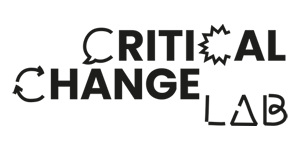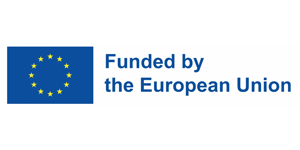What does it take to truly share power with young people in a world shaped by accelerating technology and deepening inequality? In this keynote conversation, Professor Louise Archer and Eva Vesseur explore how makerspaces can become sites of resistance, equity, and youth-led transformation. From challenging extractive STEM education to cultivating techno-agency and rightful presence, this panel asks how we can move beyond inclusion to co-creation—and why making might just be a form of democratic rebellion.
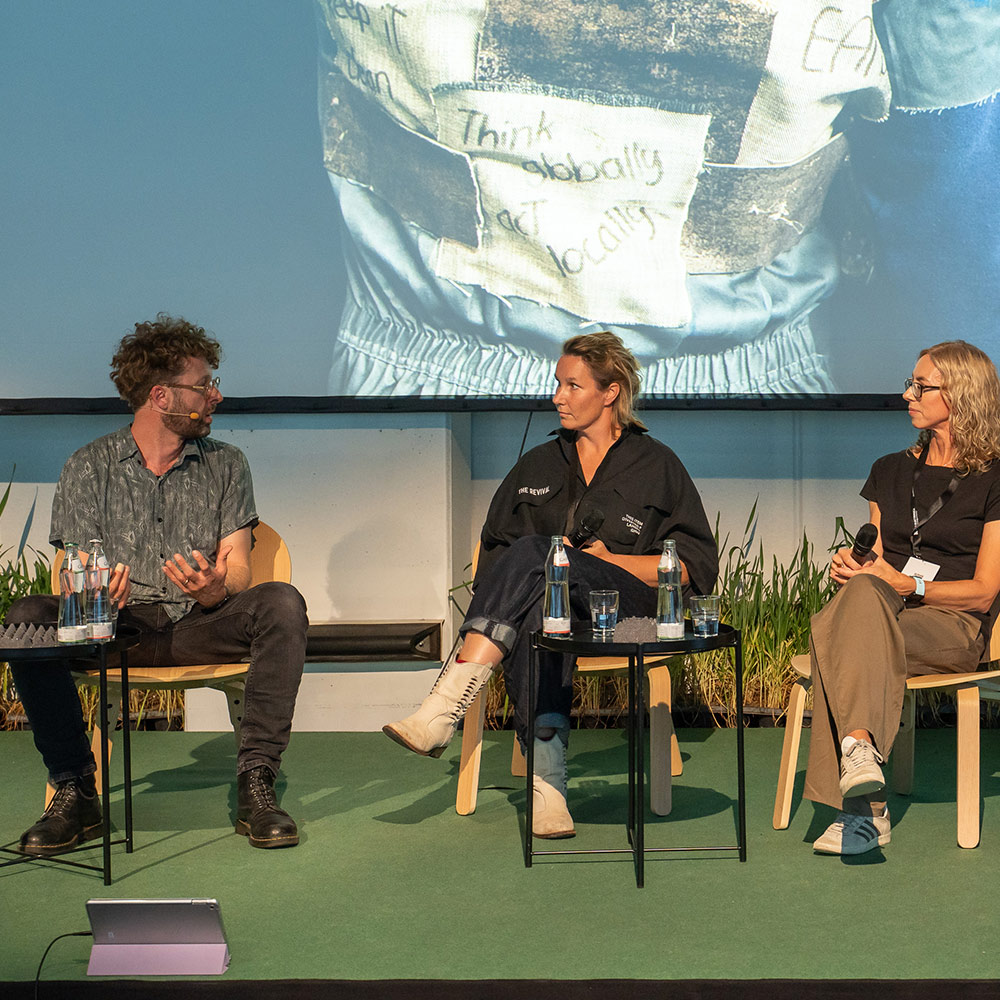
Photo: Martin Dörsch
Rightful Presence and Radical Making
Andrew Newman (AU/AT), Eva Vesseur (NL), Louise Archer (GB)
POSTCITY, First Floor, Education Stage
Language //
EN
Ticket //
FESTIVALPASS+, FESTIVALPASS, ONE DAY PASS
-
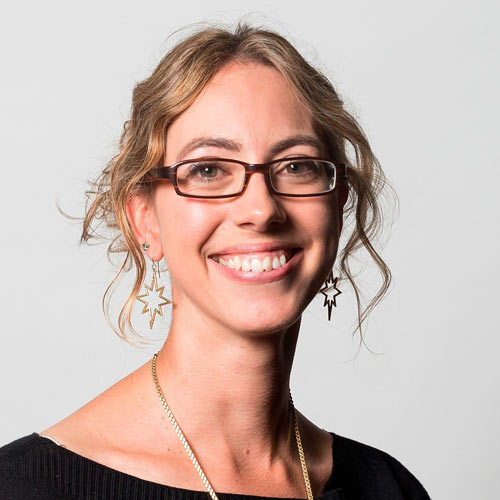
Photo: Louise Archer
Louise Archer
Professor Louise Archer, OBE, holds the Karl Mannheim Chair in Sociology of Education at UCL. Her award-winning research focuses on equity and diversity in STEM, particularly in relation to social class, gender, and race/ethnicity across primary, secondary, higher, and informal learning contexts. She has authored over 180 publications and has directed numerous large-scale national and international research studies on youth participation in schools, makerspaces, and informal STEM learning settings.
-
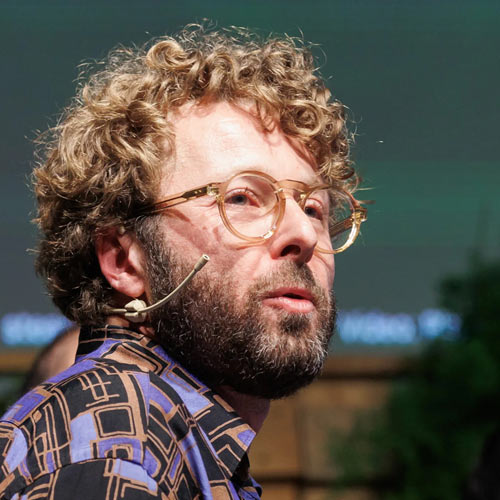
Photo: Tom Mesic / Ars Electronica
Andrew Newman
Andrew Newman fosters transdisciplinary cultures as a producer for Ars Electronica’s European Platform and co-founder of the award-winning Research Institute for Art and Technology. He unites artists, scientists, and industry (STUDIOTOPIA, Label4Future), advances STEAM learning and critical thinking (Critical ChangeLab, OSHub, STEAM INC), champions citizen science (EU Prize for Citizen Science), and advocates for collaborative, empathetic thinking to create new narratives for our shared futures.
-
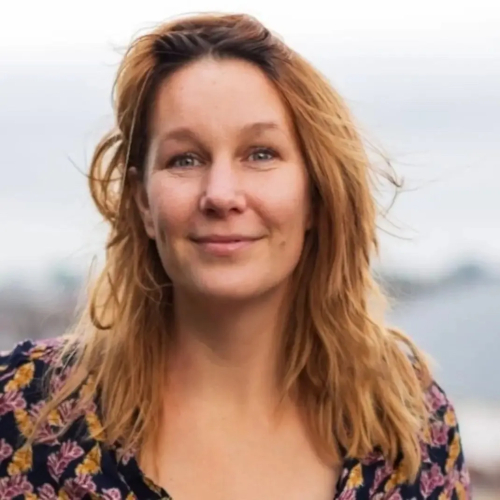
Photo: Eva Vesseur
Eva Vesseur
Eva Vesseur is an educator and researcher at Waag Futurelab passionate about maker education, where creativity and hands-on experimentation meet critical inquiry. Her work explores how making fosters curiosity and reflective learning, empowering learners to think critically about technology, society, and their own role as creators. With a focus on research-driven practice, she bridges theory and classroom innovation, inspiring students to become thoughtful, resourceful makers.

